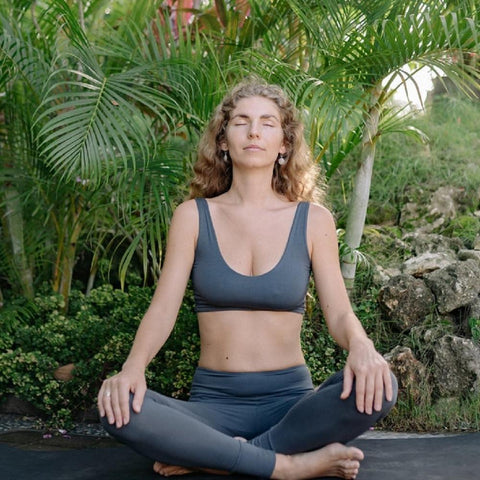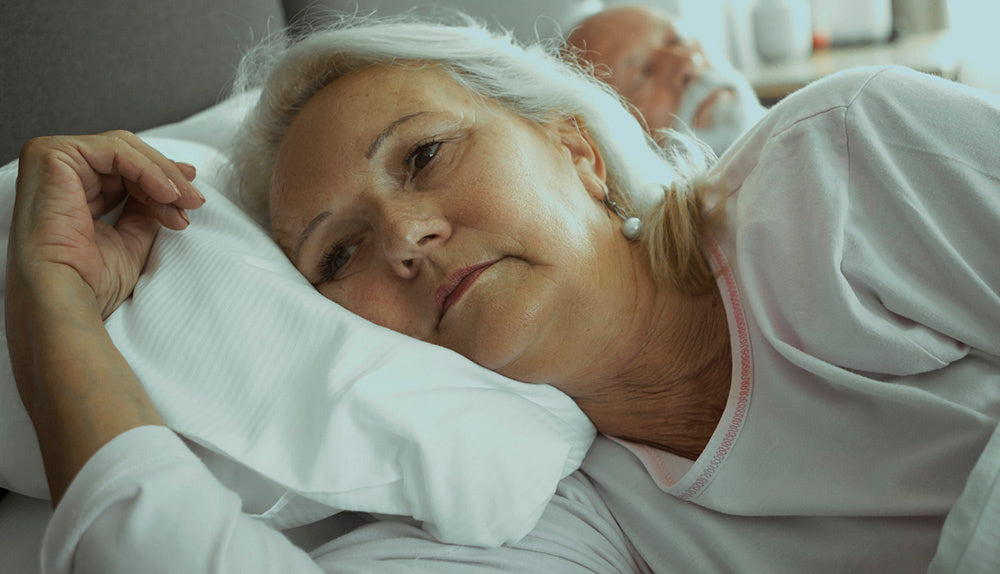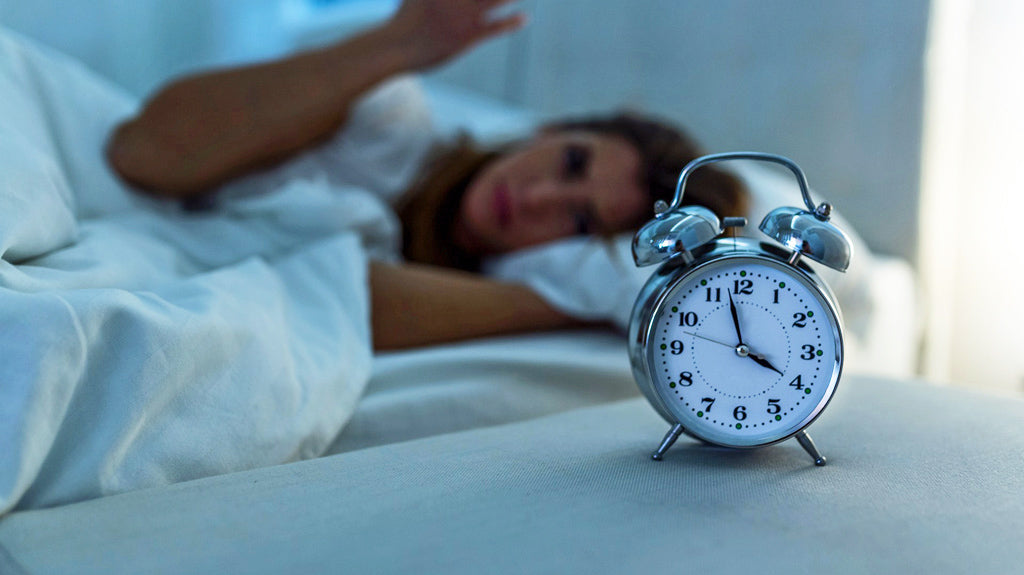Traveling:
Traveling is an enriching experience that broadens horizons and creates lasting memories. The act of traversing distances brings excitement and adventure. However, amidst the allure of exploration, one crucial aspect often overlooked is sleep.
The impact of sleep while traveling is profound, affecting both physical and mental well-being, as well as the overall travel experience. Let's delve into the significance of sleep during travel, examining its effects, challenges, and strategies for optimizing rest on the go.

The Importance of Sleep:
Sleep is fundamental to human health and functioning, playing a vital role in cognitive function, emotional regulation, and physical recovery. Adequate sleep enhances mood, concentration, and immune function, crucial elements for enjoying and making the most of travel experiences.
Conversely, sleep deprivation or poor sleep quality can lead to fatigue, irritability, and diminished cognitive abilities, detracting from the enjoyment and productivity of travel.
Effects of Travel on Sleep:
Travel disrupts established routines and environments, impacting sleep patterns and quality. Factors such as time zone changes, uncomfortable sleeping arrangements, unfamiliar surroundings, and noise can disrupt the body's circadian rhythm, leading to difficulty falling asleep or staying asleep.
Travel-related stress, excitement, and anxiety can further exacerbate sleep disturbances, creating a vicious cycle that impairs rest and diminishes travel enjoyment.

Nothing compares to the comfort a familiar bed offers at the end of a hectic day. When traveling on the road, this is one aspect of home many miss the most. But you can still achieve quality shut-eye with each road trip.
Understanding Circadian Rhythms: The Key to Your Internal Clock
The body carries out a series of processes each day automatically. These include battling for optimum health, excreting waste, responding to complex stimuli, converting food to energy, and the sleep-wake cycle. Unless you're experiencing a problem, you don't need to concern yourself with their occurrence.
As a rule, people feel fatigued as the day progresses and will naturally fall asleep during the nighttime with an inclination to wake up at some point in the morning. This automatic cycle is possible due to circadian rhythms, otherwise referred to as the body's internal clock.
These are 24-hour cycles that regulate various body functions, including sleep. The SCN-suprachiasmatic nucleus controls the cycles. It is located above the brainstem in the hypothalamus. Many stimuli, including light, a primary factor in the sleep-wake cycle, affect this nucleus.
The SCN sends signals to the body as the sun starts to set that it's time to prepare for rest. At that point, a drowsy-inducing hormone, melatonin, is released into the body's system. The opposite happens when the sun rises in the morning. Neurological signals bring the body back into the awake state.

This might make many question what this has to do with a road trip, but the science of how the sleep-wake cycle works is impacted when traveling, and we'll get into this next.
Travel Challenges/Solutions:
Many factors impact sleep when traveling. Recognizing those directly affecting you will help you find the most effective solution.
Time zones
Time zones are a consideration when traveling a considerable distance. If your holiday takes you into an area with a couple-hour time difference from what's normal for you, the signals from your internal clock will slow to adjust to try to maintain their original schedule, but only for a few days.
While your circadian rhythm instructs your body to prepare for rest, the environment, particularly sunlight, confuses those directions, leading to a disrupted sleep-wake cycle, a consequence referred to as jet lag.

When attempting to beat jet lag, it involves adjusting to the new schedule to ensure you have energy throughout the daytime hours and are able to restfully sleep all night with the objective of fully enjoying the trip.
Fortunately, a few simple adjustments to your behavior can reduce the effects of jet lag.
Resolving The Effects of Jet Lag
You could be enjoying the sites in a location where it's the middle of the day; however, the time difference has your body fatigued. It's telling you it's time for bed, believing you're still at home. How do you overcome the consequences of jet lag?
Sleep routine revamp
Adjust to the new time zone as quickly as possible. Rise at your usual time and go to bed when you normally would to adapt on the first day. Avoiding naps is wise since these will prevent you from getting a sufficient night's sleep.
Switch your time
Switch your time to reflect that of the area you'll be visiting. Most smartphones will automatically switch, but if you wear a watch, make sure to adjust it before arriving.
Alcohol/caffeine
Before heading off to bed, you should avoid having that cup of coffee or any caffeine for that matter and alcohol roughly four hours before lying down. Caffeine is a known stimulant that can keep you awake, while alcohol has been associated with worsening the effects of jet lag.
Comfortability
Nothing compares to the comfort a familiar bed offers at the end of a hectic day. When traveling, this is one aspect of home many miss the most. Travel fatigue is something many people experience, whether on an exciting holiday or a business trip.
It can leave you exhausted from a loss of sleep and instigate symptoms, including headaches. But you can achieve quality shut-eye by following a few simple tips.

Solving The Issue of Comfort While Away from Home
Whether on holiday or traveling for business, visiting a new location can be a wonderful experience. The downside can be finding comfort when trying to get a good night's rest when you're far from home. Here are a few solutions you can try to get the slumber you need to enjoy your excursion.
Nurture yourself
Make your sleeping environment as comfortable as possible. If you are sensitive to temperature changes, adjust the thermostat or use blankets to maintain a comfortable temperature.
Some people travel with their favorite bed pillow. You can use an eye mask for darkness and earbuds to block external noise. Be cognizant of what affects you the most and ensure your atmosphere is as nurturing as possible.
Light meals
Particularly before lying down, you should indulge in light meals and keep snacking to a minimum. Heavier foods can disrupt your sleep pattern, with spicy or larger meals encouraging heartburn. It's ideal to stop eating roughly two hours before you head off to bed. Here’s a list of foods to eat a couple hours before bedtime. These small meals/snacks will help you relax.

Sit up
If you're staying in a hotel, avoid lying in bed except when it's time to sleep. When spending time with work or other activities, sit at a table or in a chair instead of on the bed. Your mind will have difficulty associating that spot with the place where you're supposed to sleep when you use it for a multitude of activities.
Familiarity
Instincts are hardwired into the human body and have been throughout history. One of those is the element of familiarity. Most people find sleeping difficult when away from home or in an unfamiliar place. Their system instinctively goes into survival mode to ensure safety from potential threats.
With the body on high alert, getting a good night's rest is challenging, thus throwing off your internal clock.
Whatever difficulties you encounter while traveling, the objective is to find solutions to help your body settle into the new sleep-wake cycle that matches your current situation.
How To Become settled with unfamiliar surroundings
People have difficulty adjusting to a new setting. While the day's activities can be jovial and fun, settling in for a relaxing night of sleep is challenging, with most having a heightened sense of awareness that this is not home. Following a routine similar to what you have at home will help make the atmosphere more familiar. When you lie down, you'll be comfortable and prepared to rest.
Some things to try to help you become at peace in a new atmosphere include the following tips.
Relaxation techniques
Deep breathing exercises, meditation, or gentle stretching. These can help calm your mind and prepare your body for sleep.

Soothe with tea
A nice cup of herbal tea an hour or two before bed while listening to calming music or reading a book can help to relax the body and mind. Here's a link to teas that can relax you.
Melatonin
The pineal gland naturally releases the hormone melatonin to promote sleep as the sun starts to set. When the sun rises, the production stops so you can wake up. Melatonin is also synthetically created in various forms, including tablets or gummies, as a supplement meant to aid consumers in achieving quality sleep.
As someone new to the supplement, you must contact your primary practitioner for the logistics of taking it effectively and dosing it correctly for your system. As a general rule, melatonin should be taken roughly 30 minutes before you intend to lie down for the night. This will relax your body and help you fall asleep peacefully in an unfamiliar setting.
You want to avoid taking it late at night to prevent drowsiness or grogginess in the morning hours.
Give technology a break
In our digitized world, technology is used for virtually anything and everything. It can either help or hinder sleeping and traveling. One example of the disruption it causes is staring at phones, tablets, laptops, or the TV before lying down.
Blue screens inhibit the production of melatonin, making it difficult to fall asleep. These devices should be put away 2-3 hours before lying down to allow the brain to calm down and prepare for rest.
Comfortable clothes
When traveling, comfortable clothing and your favorite pajamas are a must to ensure you stay relaxed throughout the trip. If you lie down at night with your own pillow, a blanket from home, and worn-in, cozy pajamas, you'll have the perfect recipe for a good night's sleep no matter where you are.

Throughout the day, comfortable clothes will help you remain calm and relaxed regardless of the crowds you encounter and possibly a hectic schedule. That includes comfortable shoes if you'll be walking. This way, sore, tired feet, and achy muscles won't prevent sleep.
Noise Masking
Some forms of technology are beneficial in blocking out new and strange sounds in unfamiliar settings, like chatter around you or an otherwise noisy environment you're not accustomed to when trying to sleep.
Earbuds are the ideal solution for tuning out these sounds you'll be extra sensitive to. SoundOff Sleep Earbuds play Pink Noise, so you hear Pink Noise instead of sleep-disrupting sounds. Studies show that pink noise relaxes your brain and can help you get better, deeper sleep.

With SoundOff, you can be lulled to sleep whether you're adjusting to a new time schedule or feeling uneasy in unfamiliar territory. Travelers throughout the country are enjoying better sleep with SoundOff Sleep Earbuds. If you have a holiday planned, reach out to get yours with a 30-night satisfaction guarantee.
The Takeaway
While on holiday, travelers should enjoy recreation and relaxation to ultimately rejuvenate themselves before returning to life's hectic pace. Part of that journey involves resting and becoming refreshed and energetic to enjoy terrific adventures.
These solutions will make sleep easier while away from the comforts of home. Wishing you safe travels and sound, uninterrupted sleep as you explore this beautiful country.




